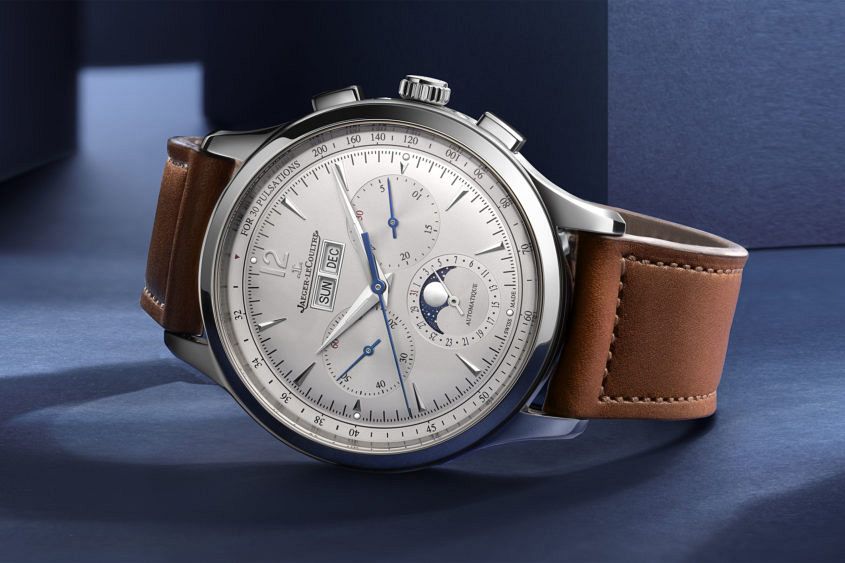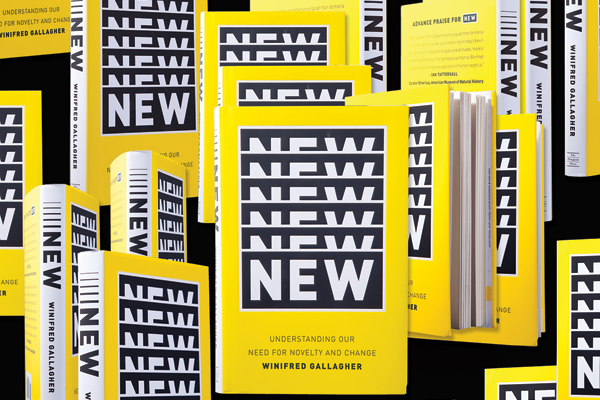There is a scientific reason that you ache for new watches, this is it
Luke BenedictusIf you’re reading Time+Tide, then you probably already own a watch. In fact, I suspect, you’re likely to have a fair old few. There’s that slimline dress watch that nestles so comfortably beneath your shirt cuff. The rugged diver that you love in spite of the fact that you barely know how to snorkel. Perhaps you’ve got a weekend watch, too, something fun and colourful to signal to your subconscious that you’re finally off-duty.
For many men (and, yes, it is usually men), that’s just the start of it. I know several guys who flatly refuse to reveal how many watches they own, whether out of bashfulness at the excessive number or because they’ve simply lost count.
But whether you’re the proud owner of one or 100 watches, there’s a strong possibility that you still want another. So you ogle the big brands’ new releases, spend hours combing Chrono24 for that elusive birth-year piece and mull over buying another pilot’s watch even though the closest you’ve got to an actual cockpit was that one time you wangled a business-class upgrade.

All of this is glorious madness, of course. But the good news is that it’s not entirely your fault. According to Winifred Gallagher, our brains are hardwired to crave novelty and in her book, New: Understanding Our Need for Novelty and Change, she explains how this fundamental drive is central to human evolution.
“Our genius for responding to the new and different distinguishes us from all other creatures, saved us from extinction 80,000 years ago, and has fuelled our progress from the long epoch of the hunter-gatherers,” she writes.
“Whenever you encounter something that’s enjoyable, like a glass of wine or intriguingly novel, like a glamorous stranger at a neighbourhood party, a spritz of dopamine jacks up your level of arousal, focuses you on that target, and mobilises your explorative approach response—a symphonic collaboration that you experience as ‘Go for it!’”
Research in fields as diverse as single-cell physiology and behavioral economics, has found that new things fire up our dopamine system to send the excitable neurotransmitter hurtling across your brain (possibly while wearing a cowboy hat and screamin “yee-hah”).

Back in the day, this feel-good chain reaction steered us in directions that helped with basic survival. Rather than sit complacently in our caves gnawing another juicy mammoth steak, our brain’s hunger for novelty propelled us forward to seek out new pastures and fresh sources of food. This thirst for discovery is what compelled us to explore every corner of earth, put a man on the moon and, more recently, browse those Dr Seuss-inspired middle aisles at Aldi where they stack all the really random shit (plastic statuettes of meerkats, trumpets, bamboo dinner sets et al).
How does all this relate to watches? Well, if our brains are emotionally aroused by new things as proven in this study, it’s hardly surprising that as watch lovers we get overexcited by the latest collection from Watches & Wonders. Brands even deem to make this link explicit by referring to their new releases as “novelties”.
But while there may be a neurological rationale behind all that time you spend on Instagram watch accounts, it doesn’t necessarily justify your behaviour. Just because you’re turned on by something doesn’t mean you should act on it, as any midlife-crisis victim who’s tempted into some ruinous tryst with the babysitter knows only too well.
The magnetism of the new may have led man to become masters of our domain, Gallagher explains, but it can also lead to some real kamikaze decisions. “An intense attraction to novelty can lead to ‘Why not learn to tango?’,” she writes. “But also to ‘Why not try meth?’”

This evolutionary predisposition to novelty, she adds, was originally designed to urge us to create new things or adapt to change. But as an excuse to splurge big bucks on a Jaeger‑LeCoultre Master Control Calendar Chrono it doesn’t necessarily wash
Somewhat predictably, Gallagher’s conclusion is to practise moderation. Enjoy new things by all means, but stay vigilant to control your compulsion. Shiny objects can apparently lose their lustre, even when they’re made by Patek Philippe.






